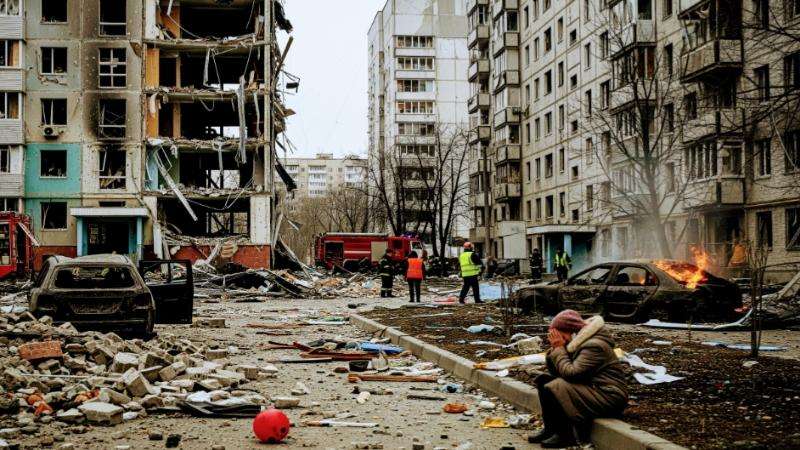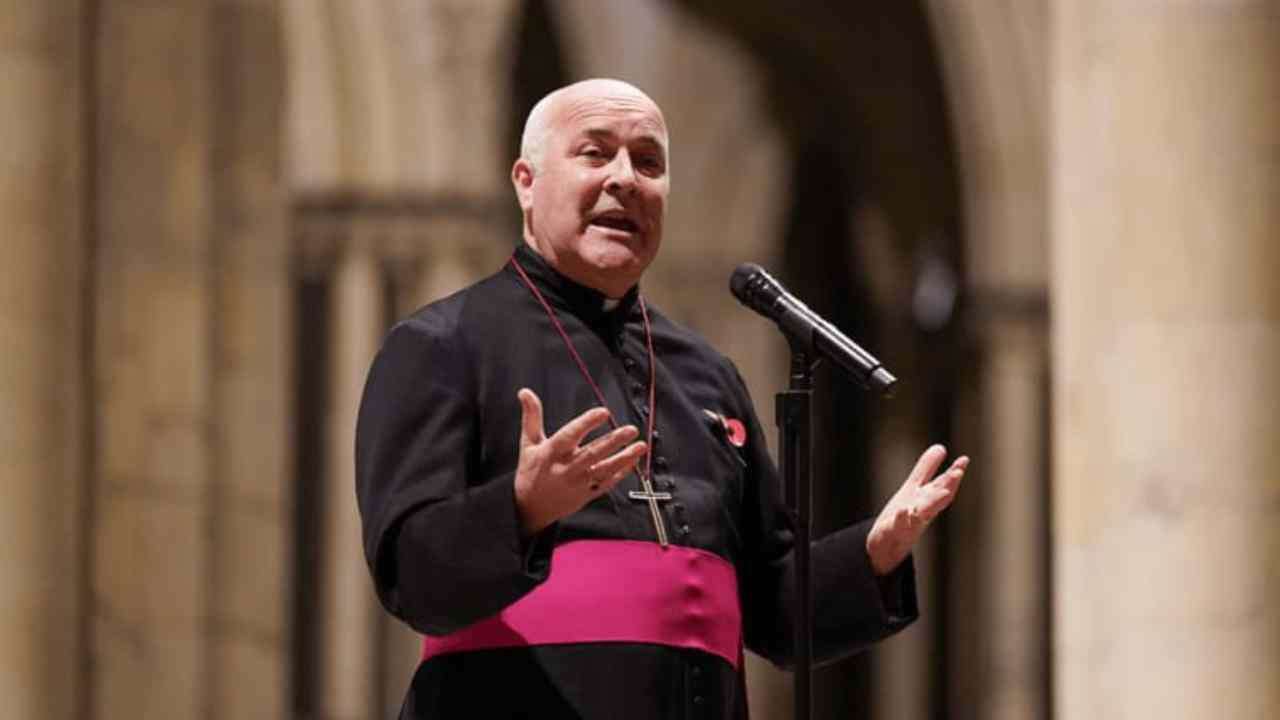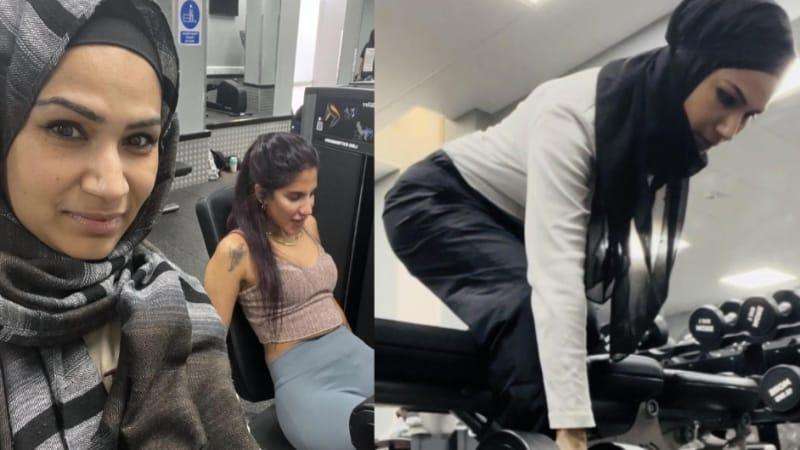In a move aimed at increasing representation from diverse communities, West Yorkshire Police (WYP) has implemented a temporary recruitment policy that excludes white British applicants from its police constable entry programmes. This decision, as confirmed by internal sources within WYP, has sparked a national debate on affirmative action and equal opportunity, Daily Dazzling Dawn understand.
The force has confirmed that it is currently prioritizing applications from individuals belonging to "under-represented" groups, allowing them to submit applications ahead of other candidates. This initiative, WYP states, is designed to ensure that the police force reflects the diverse communities it serves.
"We are committed to building a police force that truly represents the communities of West Yorkshire," a spokesperson for WYP said in a statement. "This targeted recruitment drive is a temporary measure to address the historical under-representation of certain groups within our organization."
Opportunity for British Bangladeshi Community:
The recruitment policy presents a significant opportunity for the British Bangladeshi community in West Yorkshire, which is a substantial and growing demographic within the region. With the exclusion of white British applicants, individuals from the British Muslim, British South Asian and British Bangladeshi community, along with other under-represented groups, have an enhanced chance of securing positions within the police force.
Community leaders have expressed mixed reactions to the policy. Some have welcomed the initiative as a necessary step towards addressing systemic inequalities and fostering greater trust between the police and minority communities. Others have raised concerns about potential perceptions of unfairness and the long-term impact on community relations.
"It is essential that our police force reflects the diversity of our society," said a prominent community spokesperson. "However, it is equally important that recruitment processes are perceived as fair and equitable by all members of the community."
Legal and Ethical Considerations:
The policy has raised legal and ethical questions regarding potential discrimination. While UK equality law prohibits discrimination on the grounds of race, it also allows for positive action measures to address under-representation. Critics argue that the temporary exclusion of white British applicants could be seen as discriminatory, while supporters maintain that it is a necessary corrective measure to achieve greater equality.
The Equality and Human Rights Commission (EHRC) has stated that it is monitoring the situation and will assess the policy's compliance with equality legislation.
National Debate:
The WYP's decision has ignited a national debate on affirmative action and the role of police forces in promoting diversity. Commentators have expressed a range of views, with some arguing that such policies are essential to address historical imbalances and others warning against the potential for divisive outcomes.
The situation in West Yorkshire highlights the complex challenges faced by police forces in balancing the need for diversity with the principles of equal opportunity. The long-term impact of this policy remains to be seen, but it is certain to continue to generate significant discussionand scrutiny.
.jpg)







.svg)



_2.jpg)